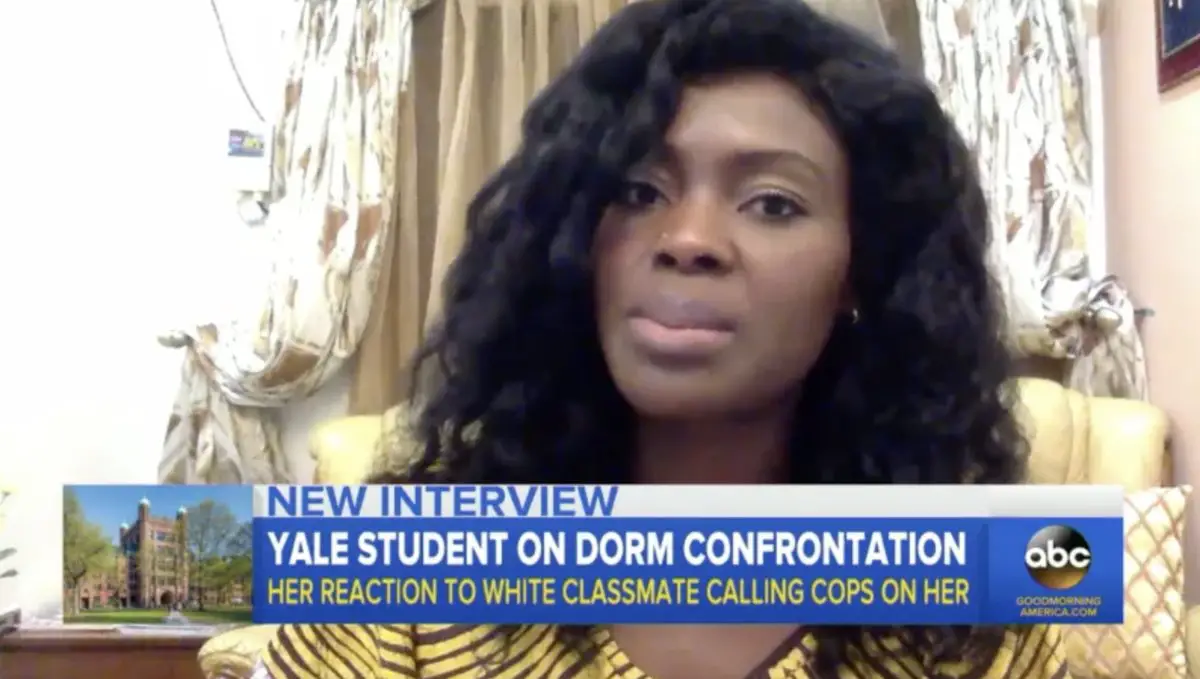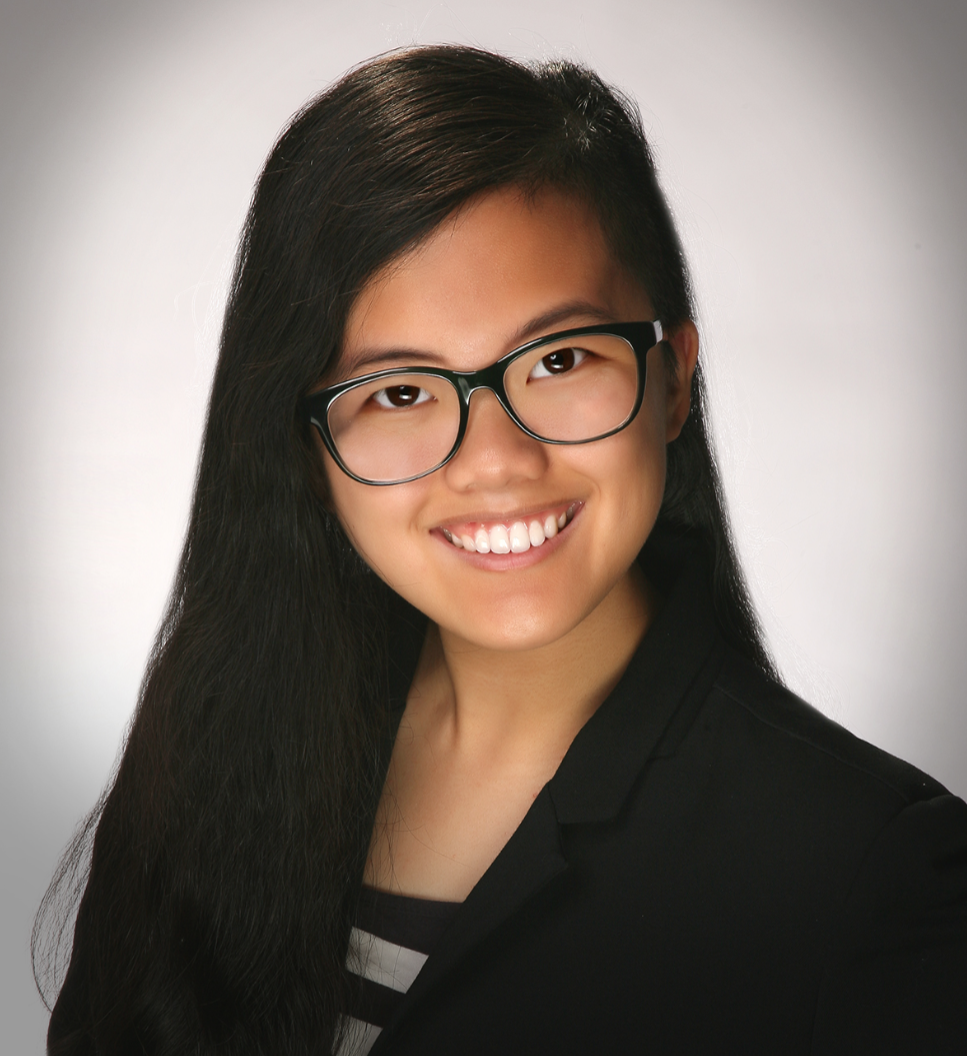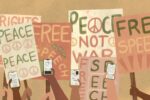As a college student, you probably have a lot on your plate: stressing over upcoming finals, struggling with your workload, dealing with personal or familial circumstances. Simultaneously tired yet determined to finish your assignments with all your essentials laid out in the common lounge of your dormitory.
Working on a paper, you type at the speed of light until your eyelids begin to droop. They’re becoming heavier and heavier with each passing minute, as you gradually lose your train of thought and the words blur. You eventually fall asleep, opting to take a nap and wake up a couple of hours later to add the finishing touches of your paper.
Unfortunately, black Yale graduate student Lolade Siyonbola didn’t get that far. Rather, a white Yale student Sarah Braasch called the authorities on her after falling asleep in the dormitory common room while working on her paper.
Once the police officers arrived on the premises, Siyonbola unlocked the door of her room in order to prove her residency, which should have cleared up the misunderstanding.
Instead, the police asked for her I.D. card; consequently, another complication surfaced, in which her preferred name printed on the card could not be found in the university records. Although the dilemma eventually resolved, the process took longer than usual and left the victim rattled.
Generally, due to the spawning fear of terrorism, many universities require students to have their I.D. cards with them at all times, especially in order to enter their dormitory. Even University of California, Los Angeles has a policy of having their visitors attain a school-issued I.D. card of their own when staying overnight. So, some people may conclude that law enforcement asking for identification is justifiable.
However, the fact that Siyonbola and her belongings were already lying around in the common room should have already been a clear indication that she lives there.
Simultaneously, unlocking the door to her room should have also affirmed the student’s residency, signifying that the call was a cry for wolf. Along with that, since Siyonbola was solely sleeping — in her most vulnerable, peaceful state — on the couch, she posed no imminent threat to the public.
Not only did Siyonbola lose her precious time, but she also felt outraged for being trivially detained and targeted. Because of this unnecessary turn of events for simply napping in the lounge — clearly a “danger” to the community — Siyonbola was prevented from finishing her paper and going about her daily routine.
The issue of racial profiling, a subset of institutionalized racism in the criminal justice system, at a renowned Ivy League university possibly illustrates an ironic lack of knowledge in sociology and ethnic studies, two celebrated fields at Yale, and an exclusive environment that protects ignorant behavior.
Unfortunately, Siyonbola is neither the first nor last student of color singled out in such a way. On a grander, more serious scale, her small incident highlights the nation’s continuing problem of racial profiling.
https://www.youtube.com/watch?v=I1a2OQm-VYY
An earlier Yale incident had also occurred a few months ago, in which Braasch called the authorities on another black grad student Jean-Louis Reneson who was asking her for directions to his meeting. Rather than identifying Reneson as a Yale student, she accused him of being an intruder. According to the Yale Daily News, as Reneson turned his back to her, he heard her yelling, “You don’t belong here! You’re making me uncomfortable!”
Though Reneson hadn’t laid a single finger on or fired back a comment at Braasch, he unwittingly became the victim of racial bias. Because Reneson’s back was facing towards her, he posed no threat; yet Braasch still felt threatened (recall the case with Walter Scott, an unarmed black man who was shot in broad daylight because his exposed back posed a “danger” to the police in pursuit).
To add insult to injury, CNN recently reported that two Native American brothers had saved enough money to drive their parents’ car from New Mexico to Fort Collins, Colorado in order to tour around their dream school. Arriving late to Colorado State University, the brothers still joined the tour, but a concerned mother called the police on them, feeling “nervous” with their unexpected attendance.
Like so often the uncalled-for case, after the officers pulled the brothers over to the side, the call revealed to be yet again a cry for wolf, as seen with the incidents at Yale, but once the brothers rejoined the group, the tour was concluded. Despite having not said a word to or approached the mother, the prospective students of color were labeled a threat.
As a result of the false alarm, the brothers had driven countless miles up to Colorado only to be pulled aside by officers, unable to learn about and enjoy the campus of their dream school. Altogether, this experience wasted their time and sullied what was supposed to be a memorable and exhilarating journey.
Picture yourself taking a tour around your priority college and being excited about your possible attendance until law enforcement excuse you from the crowd to interrogate you, just because someone had a preconceived idea about you based on your skin color. Having the police single you out and accuse you of a crime you never committed at your favorite university is beyond humiliating, let alone traumatic.
Without a doubt, a school where you have to clear your name for simply existing — studying in the lounge, asking for directions, touring the school — likely becomes the last school you want to attend. After having your face associated with the police, especially at the request of peers, you may feel discouraged to even show your face in public or participate in the community, school spirit a disillusioned reality.
In this particular case, the brothers’ dream school lost its place in their hearts although the school officials apologized for the allegations and paid for their travel funds as compensation. Nothing can make up for the crushing realization that you are understood only by an unjustified perception rather than as a human being with feelings and ambitions.
Overall, it is discriminatory and disheartening that students of color have to face this type of harassment for solely being present on campus. Whether they are working on their assignments in their dormitory, asking for directions around campus, or visiting a prospective university, they have targets painted onto their backs.
The few campus incidents of racial bias unquestionably confirm the nation’s ongoing racism and how practices such as racial profiling deeply affect the lives of minorities, from small-scale aggressions such as those illustrated to trigger-happy police officers facing off unarmed citizens.
Hopefully, by bringing to attention these events, you may engage in critical discussion about the state of your country and decide how society can move forward to ensure the humanization of every individual and discredit stereotypes.

















